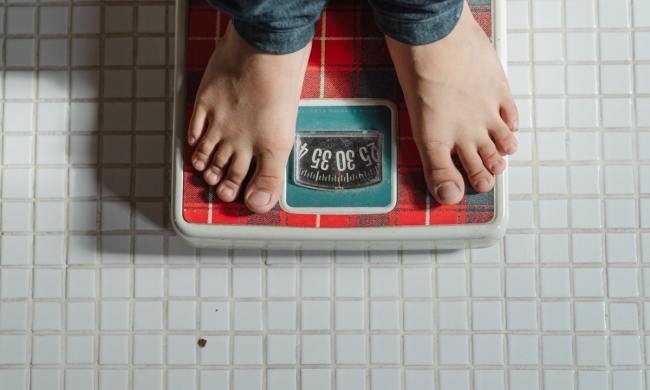Over the last decade, vaping has surged in popularity, becoming the most popular consumer alternative to smoking cigarettes. Plus, it has become the most common product used by individuals who want to quit smoking — though that may not be an effective means. However, with its growing popularity, there’s a problematic category of customers: curious teens.
To keep adolescents away from vape products, regulators and legislators have adopted ways to curb them. For instance, the most prevalent is restricting the minimum age to purchase vape items. Initially, this seemed like a smart idea. Unfortunately, it hasn’t proven to be as affective as originally hoped. As parents, you have to stay vigilant and be prepared to have some difficult conversations in order to stop a potential problem early on. Let’s shed some light on teen vaping.

Is it OK to let my kid vape?
Because of the adverse effects and addictive quality, it is not a good idea to allow a teenager (or anyone) to vape. Aside from the risk of heart attack or stroke, the nicotine alone has been shown to be a highly addictive substance. Plus, kicking the addiction to vaping proves to be a challenge, since both nicotine and marijuana create cravings that are almost impossible to be stopped.
Furthermore, any attempts to control or stop nicotine – alone or combined with THC consumption — brings about various symptoms, ranging from difficulty concentrating, anxiety, restlessness, irritability, depressed mood — up to anger, frustration, insomnia, diarrhea, and constipation. So, the best solution would be to not start this habit at all.
Vaping is extremely concerning as teens’ brains are still in the development stage, up to the age of 25. Once a developing brain is exposed to any addictive drug, in this case, nicotine and possibly THC, the possibility of permanent alterations is high, which affects cognitive function and decision-making.

Is it wrong for a 16-year-old to vape?
Studies say no to vaping
As mentioned, vaping at a young age carries many negative, long-term effects. In fact, the director of clinical research at Johns Hopkins Ciccarone Center, Dr. Michael Blaha, gives his views on the health effects of vaping and outlines the dangers associated with this practice, particularly those related to severe injuries to the lungs. As he mentions, nicotine in the e-cigarette turns into an aerosol because of the heating process that occurs with a vape pen. In turn, the chemical is inhaled.
He also discusses a sobering stat. In 2020, a record 68 deaths were caused by vaping in February alone. It proves that it is not as safe as it sounds. It has led to doctors advising that no foreign substance be added to e-cigarettes during consumption.
Vaping causes harm to the body
Like smoking, vapes contain substances that damage the heart and lungs. The liquids also contain nickel, lead, tin, formaldehyde, and acrolein, which damage all types of organ tissue. Plus, there’s worry that some cartridges that aren’t store-bought could contain THC, the chemical in marijuana that causes the high.
The combination of all these chemicals causes the body to go into an inflammatory state, increasing the risk of developing blood clots. This causes a stroke or heart attack, even in a young person who has no history of heart trouble or lung issues.
In short, this habit is dangerous for a 16-year-old (or anyone else). For one thing, vaping damages the brain which is developing until the age of 25. The chemicals cause more wear on the neurons, which means that a teen may start experiencing dementia at a very young age. It will eventually slow their growth. Plus, it exposes them to other harmful drugs since the vaping devices can be laced with other substances.

What is the recommended age to vape?
In countries with the highest vaping market, like the United States, 21 is the legal age for being able to purchase vaping products. Nonetheless, despite vaping being suggested as an alternative to smoking, it is hazardous and causes harm or even death.
All in all, parents should warn their teens about the dangers of vaping. Having all of the necessary information about the risks helps start the conversation about why this habit isn’t something your teen should start taking up. The hazards are real, and even worse in some cases, irreversible. Sit your teen down immediately and go over all the information about vaping with them. Open and honest communication often works best, so starting sooner rather than later is best for everyone.



